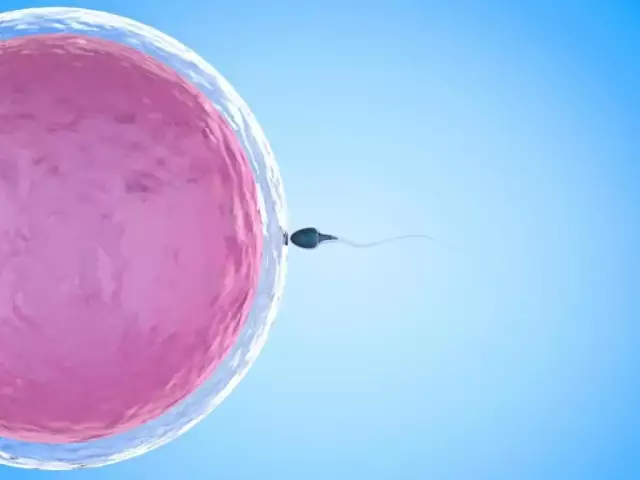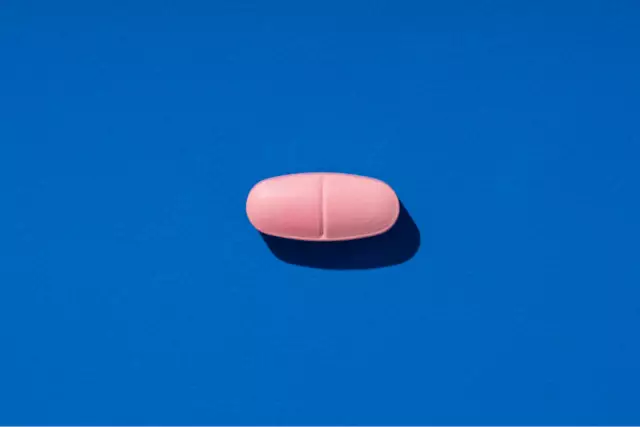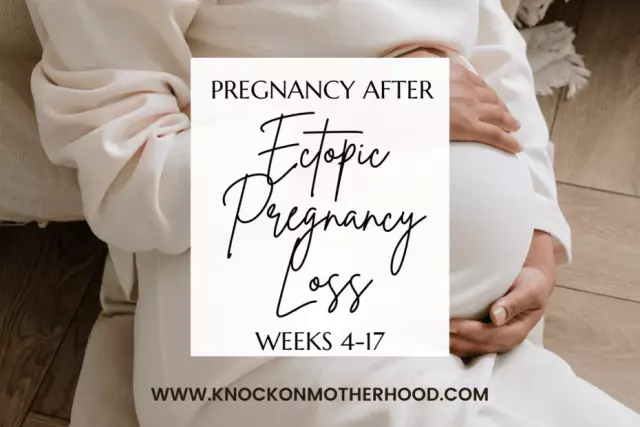- Author Rachel Wainwright wainwright@abchealthonline.com.
- Public 2023-12-15 07:39.
- Last modified 2025-11-02 20:14.
HCG injection

HCG injections are injections of hormonal drugs, the active ingredient of which is human chorionic gonadotropin. These include Pregnil, Profazi, Horagon, Humegon, Choriogonin, Menogon, and others. They contribute to the restoration of the ovulatory process, as well as the formation and hormonal activity of the corpus luteum by increasing the hCG index in the blood. As a rule, to stimulate ovulation, an injection of hCG from 5,000 to 10,000 IU is prescribed, and a lower dose, from 1,000 to 3,000 IU, to maintain pregnancy. Nevertheless, the dosage of hCG drugs should be selected each time strictly individually, depending on the level of hormones, the size of the follicles and a number of other factors, since an excess of gonadotropins can lead to ovarian hyperstimulation syndrome.
HCG injection during anovulation
An injection of hCG is indicated in the treatment of infertility associated with a lack of ovulation.
Anovulation can be caused by the following factors:
- Polycystic ovary syndrome;
- Excessive physical activity;
- Stress;
- Taking certain medications.
It is necessary to establish the exact reason why eggs capable of fertilization do not mature in the ovaries. To do this, it is necessary to pass tests for hormones, regularly measure basal temperature and do an ultrasound. Research will determine all deviations and show whether it is necessary to stimulate ovulation with an injection of hCG. For example, normalizing elevated levels of thyroid hormones, prolactin, or male sex hormones can help naturally restore the ovulatory cycle.
To confirm anovulation, continuous ultrasound monitoring of follicular development is performed. The first ultrasound scan is done 8-10 days after the end of the last menstruation, then every 2-3 days until the fact of ovulation or the beginning of the next menstruation is established. Observation results can serve as a basis for drug stimulation. In particular, if the follicle does not rupture, then an injection of hCG is prescribed to resume ovulation and prevent the formation of follicular cysts.
As a rule, 24-36 hours after injection, it is necessary to confirm successful stimulation using ultrasound, as well as to determine the frequency and timing of sexual intercourse and inseminations, taking into account the spermogram parameters.
Pregnancy after hCG injection
A pregnancy test after an injection of hCG should be done no earlier than two weeks after ovulation, since before this period has expired, tests can give a false positive result. Therefore, the most reliable method for determining pregnancy is monitoring hCG over time. From the moment of conception, the level of gonadotropin doubles every 2-3 days, reaching a maximum by the end of the first trimester. Then its content begins to decrease slowly and remains constant for the remaining period.
Due to the well-defined norms for the content of hCG in the blood, the analysis allows:
- Diagnose early conception;
- Eliminate the possibility of an ectopic pregnancy;
- Determine the threat of miscarriage or missed pregnancy;
- Assess the completeness of induced abortion.
HCG injections during pregnancy

HCG injections during pregnancy are prescribed due to a low concentration of the hormone, which may be caused by insufficient production or a complete cessation of production. Low hCG in early diagnosis of pregnancy may be associated with a premature examination, in which case the analysis should be repeated later. If the indicator differs from the accepted norm by more than 20%, this may be a sign of the following serious violations:
- Ectopic or missed pregnancy;
- Chronic placental insufficiency;
- Threat of spontaneous abortion;
- Developmental delays and fetal death.
Timely increase in hCG levels contributes to the successful planning and maintenance of pregnancy.
YouTube video related to the article:
Found a mistake in the text? Select it and press Ctrl + Enter.






